On June 8th, EDF and the Institut signed a new partnership agreement relative to the monitoring of the ecological state […]

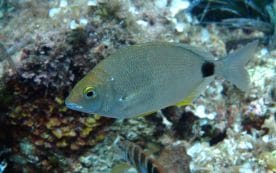
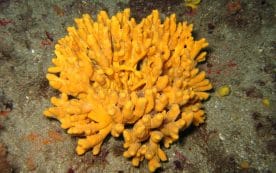
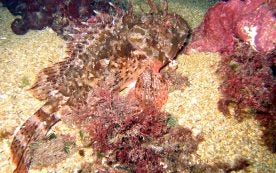
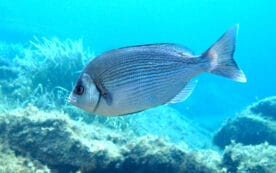
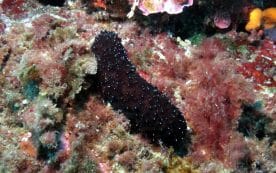
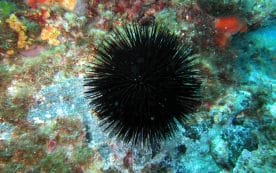
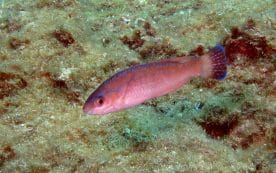
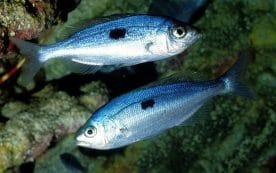
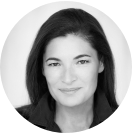
The Paul Ricard Oceanographic Institute was founded by my grandfather Paul Ricard in 1966 in response to one of the first cases of industrial pollution in the Mediterranean. Through its research and public outreach activities, the Institute is addressing today's most pressing challenges: preservation of marine biodiversity, climate change, sustainable exploitation of living resources, and restoring coastal environments. As we race to save the Earth, the Ocean could be our second chance.

On June 8th, EDF and the Institut signed a new partnership agreement relative to the monitoring of the ecological state […]
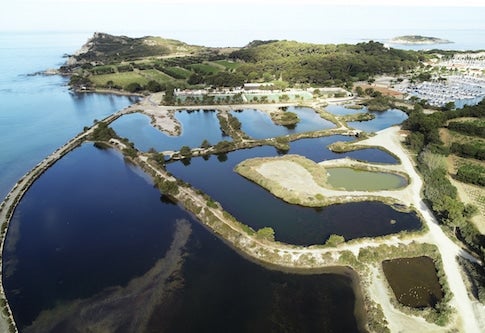
As part of the programme SAR-LAB*, Site Atelier de Restauration écologique de la Lagune du Brusc, the former salt pans […]
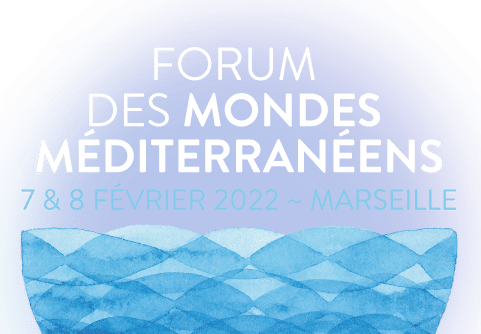
The Mediterranean Forum, a follow-up to the Summit of the Two Shores, will be held at Parc Chanot in Marseille […]
Director of Research CNRS at the Laboratoire de Météorologie Dynamique (LMD)(Laboratory of Dynamic Meteorology), Institut Pierre-Simon Laplace (IPSL), Paris: “Restore the coastal ecosystems for a two-fold benefit: carbon and biodiversity”.
LAURENT BOPP, Director of Research CNRS at the Laboratoire de Météorologie Dynamique (LMD)(Laboratory of Dynamic Meteorology), Institut Pierre-Simon Laplace (IPSL), Paris: “We can still change the course of things”.
LAURENT BOPP, Director of Research CNRS at the Laboratoire de Météorologie Dynamique (LMD)(Laboratory of Dynamic Meteorology), Institut Pierre-Simon Laplace (IPSL), Paris: “Climate change is a global problem, we will have to all get around the same table”.
A great encounter for the scientists! A dolphin playing in the lagoon, at Les Embiez island.
(Images A. Vion)
This film presents the context and the broad issues of the 13 Océan project, a demonstrator of aquaculture and urban agriculture production for climatic transition. It is a project for an urban ‘permaquaculture’ farm, which will meet three objectives: – to ally permaculture and aquaculture; – to function according to the principles of the circular economy; – to be based on biomimetic practices.
On the occasion of his visit to the island of Les Embiez, Peter Thomson, United Nations Special Envoy for the Oceans, responded to Patricia Ricard’s questions: he spoke of solutions on nature, of corporate sponsorship, and innovation, his vision for the preservation of the ocean environment. With a clear message: “We have only one ocean, and we will have to find common solutions”.
MedPAN aims to promote the establishment, the operation and the sustainability of a Mediterranean network of MPAs, and produced this video.
For the past 50 years, the Institute is carrying out its research in the Mediterranean, considered by scientists as a true model ocean.
